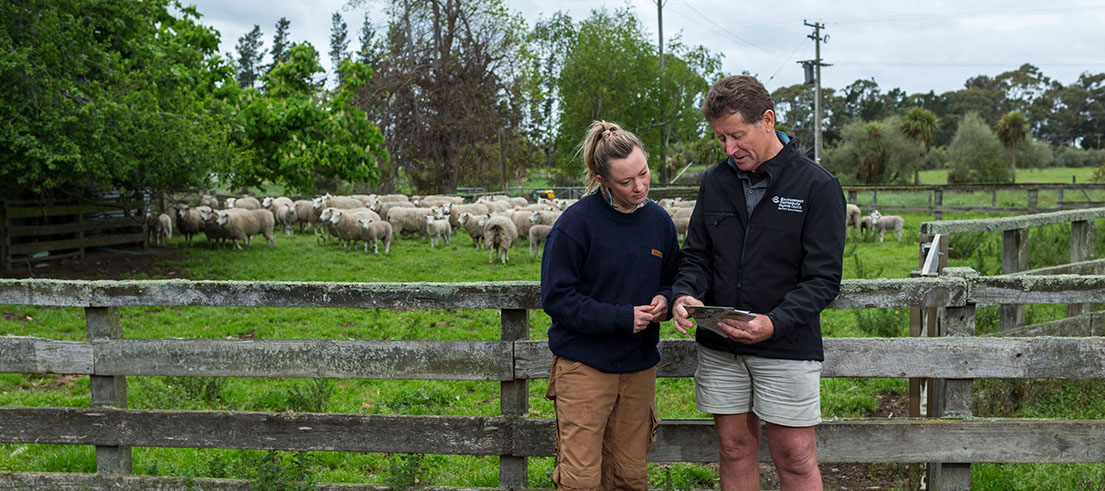
Environment Canterbury focuses on outstanding high-priority consents

Environment Canterbury’s Chief Operating Officer Nadeine Dommisse reflects on the significant progress being made towards meeting farmers’ increased environment responsibilities.
Lately, there has been much talk about Canterbury’s freshwater quality, including nitrate. For some time now, Environment Canterbury has recognised the risk of increased levels of nitrate and has been working to address these concerns through farming rules that will manage and eventually reduce this environmental risk.
The Canterbury Land and Water Regional Plan, introduced in 2012, is the tool used by Environment Canterbury to manage these risks. It now has several sub-regional iterations, ensuring that the Plan is appropriate for the unique needs across our vast district. The Plan is now entirely operative, meaning that all the rules are fully effective.
Under the Plan, activities that are a risk to the environment, such as farms with more than 50 hectares of irrigation or with a certain level of winter grazing, need a farming land-use consent.
Consent ensures that farmers are taking actions – known as Good Management Practices - to improve water quality and reduce nitrogen, phosphorus, sediment, and faecal contaminants.
Prioritising the highest environmental risks
Given Canterbury has around 7,400 farms, we’ve taken a priority approach to ensuring farmers achieve Good Management Practices and meet the strict requirements in the Plan.
We have put most attention to those farms with the highest environmental risk. Even more stringent limits have been introduced in the most at-risk areas to begin reducing high nitrate levels.
Farms within collectives or irrigation schemes (and there are about 1500) are being managed within the schemes, and they are making very good progress in managing environmental risk.
Our focus has been on working with individual farmers who require land-use consent. This work programme started in January 2017 in the ‘Sensitive Lakes’ zone, followed by contacting individual farmers with more than 50 hectares of irrigation, farmers in the South Coastal Canterbury streams area, and farmers with less than 50 hectares of irrigation in Hinds and Selwyn.
This rolling programme allowed us to prioritise those farmers that needed to make consent applications (and not all farmers needed consents).
Consent to farm applications now overdue
Great progress has been made by farmers and at the end of June the majority of farms had either individual land-use consents or were being managed under irrigation scheme/ collectives.
The remaining high priority farms – most have more than 50ha of irrigation – will soon be receiving a formal letter from us advising they may need a land-use consent and setting out what they need to do.
We appreciate that farmers who are yet to apply may have complexities and we are offering support. Regardless, however, we expect all farmers to manage their environmental risk.
Winter grazing the next priority
Our next priority will be working with farmers throughout Canterbury who require a land-use consent because of the amount of winter grazing on their property. A key part of this is working with industry to provide advice to farmers about Good Management Practices for winter grazing.
And the remaining farms? Most of these farms pose a lower environmental risk (such as dryland sheep and beef) but we need to know about them as well. Under the Land and Water Regional Plan, these farmers are required to register on Environment Canterbury’s Farm Portal, which can be accessed through our farming information website, canterburywater.farm.
Canterbury now has some of the toughest water quality regulations in the country. Although it is going to take some time for the benefits of these farming rules to have effect, they are key to maintaining and improving the water quality of our region’s rivers, streams, wetlands, lakes, estuaries and groundwater.
